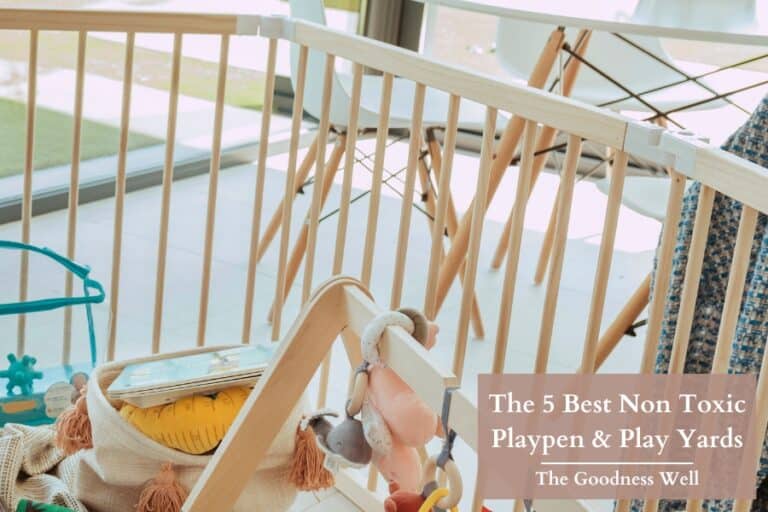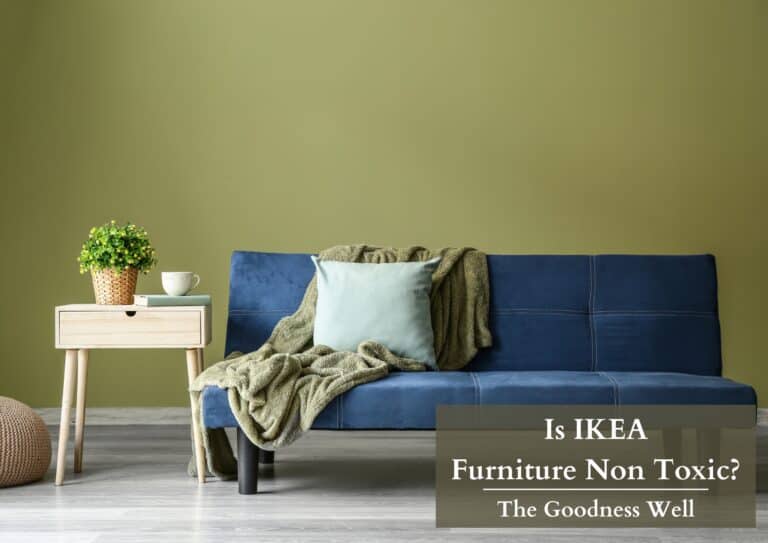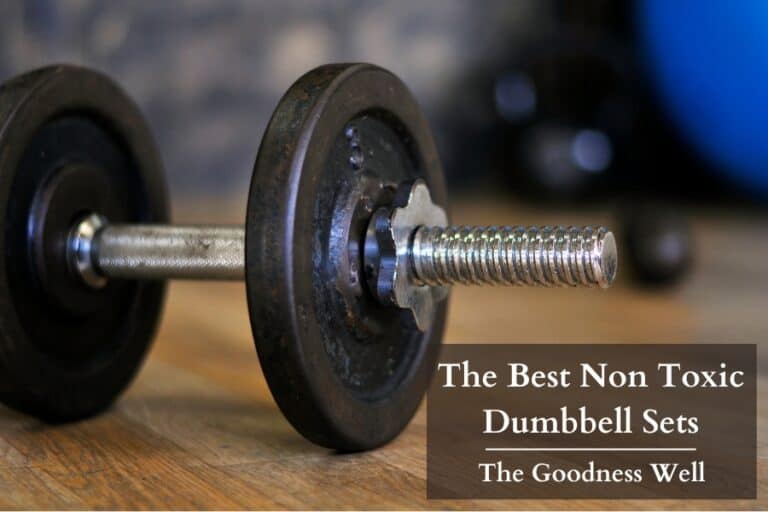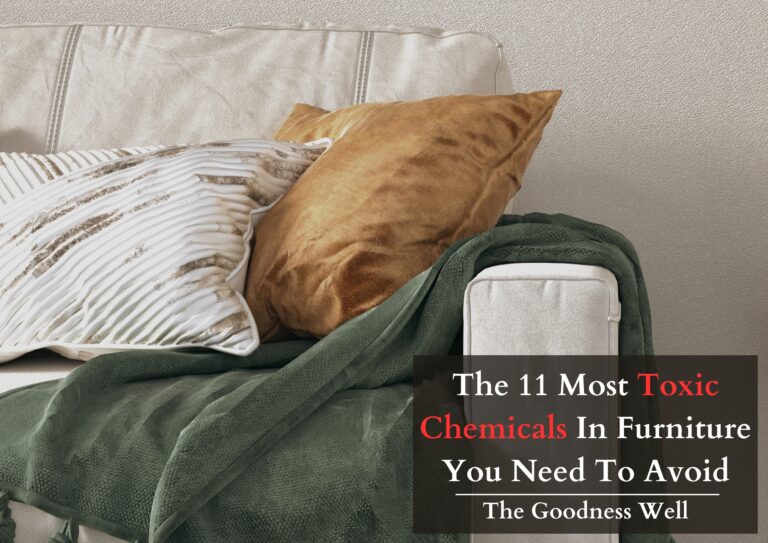Are Humidifiers Worth It? 7 Science-Backed Benefits For Your Health & Home
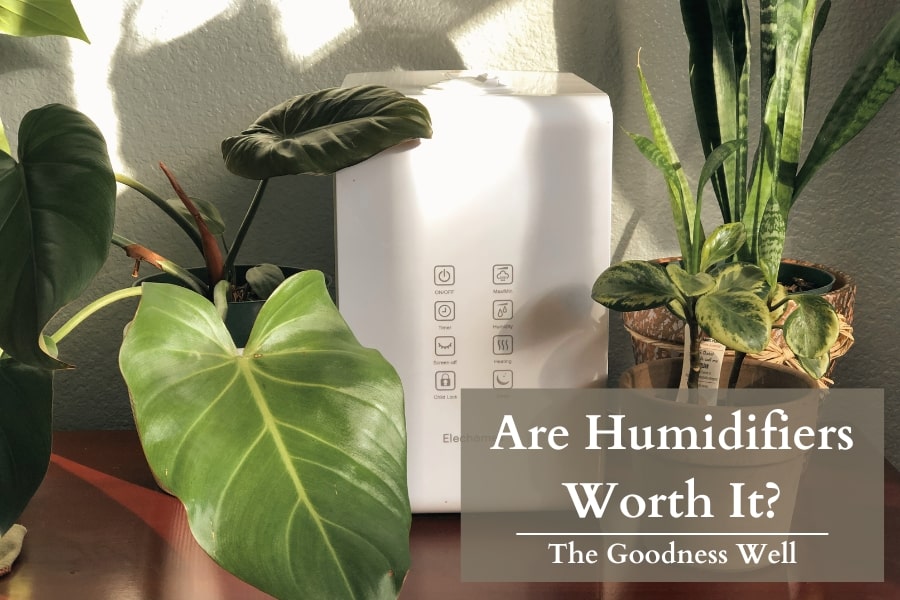
Dry skin? Sleep troubles? Allergies? Humidifiers claim to be the ultimate solution—but do they really live up to the hype?
In this article, we’re cutting through the fog to explore whether humidifiers are truly worth the investment.
After years of using humidifiers ourselves, we’ve gained insights that might actually surprise you.
Let’s get into it!
TL;DR
Are Humidifiers Worth It?
Yes! Humidifiers bring a lot of benefits to your health, home, and well-being including:
- Treat Dry Skin
- Improve Sleep Quality
- Allergy Relief
- Improve Respiratory Problems
- Boosts Indoor Plant Growth
- Eliminates Static Shock
- Protects Your Furniture and Electronics
The 7 Benefits of Using a Humidifier
1. Treat Dry Skin🧴
Humidifiers add moisture to the air which can do wonders for your skin.
I don’t get much dry skin, but my wife struggles with this. However, keeping a humidifier in the room is one of our tools (along with some quality lotion) to help add some moisture to the mix.
We keep one in our room and it really has made a difference!
2. Improve Sleep Quality 💤
It’s been proven that dry mucous membranes (including the nose and throat) and skin can negatively affect the quality of your sleep.
Using a humidifier is a great tool to combat this issue and help you get the quality sleep you deserve!
I used to wake up with full-on nosebleeds as a kid (which I’ve unfortunately passed on to my son) but humidifiers fix this issue by preventing the nostrils from becoming so dry, especially during the dry months.
3. Allergy Relief 🤧
Another struggle of mine.
Using a humidifier has been proven to improve allergy symptoms when the humidity level is just right (about 40-60%)
For those of you in drier climates, adding a humidifier will indeed improve your allergy symptoms. However, don’t add too much moisture, as this can increase the amount of allergens.
4. Improve Respiratory Problems 🫁
Low humidity has been shown to exacerbate respiratory issues in those with issues like asthma, COPD, upper respiratory infections, and those alike.
Adding moisture to the air helps lessen the symptoms involved with these issues.
5. Boosts Indoor Plant Growth 🪴
Indoor plants love moisture.
It’s proven that adding moisture to the air will boost plant growth by keeping the air just moist enough for better photosynthesis and hydration.
In our room, we keep the humidifier an equal distance between us and our plants so we can both feel the benefits!
6. Eliminates Static Shock 💥
No more annoying zaps.
It’s been shown that low humidity will increase the accumulation of electrostatic charge that can build up on certain materials.
Humidifiers will help reverse this issue.
7. Protect Your Furniture and Electronics 💻
This one applies more to those in very dry climates, but dry air can damage your belongings, causing cracks and warping.
Not only that, but the build-up of static electricity we talked about above can cause harm to your electronics as well. Using humidifiers to maintain the right level of humidity in your home could help reduce the risk of damage to sensitive electronics.
Bonus Benefits:
- Improved vocal clarity: Humidifiers can help keep your voice smooth and clear and even relieve any vocal cord irritation.
- Reduced risk of nosebleeds: Dry air can irritate and dry out the nasal passages, leading to nosebleeds. Humidifiers can help prevent this by keeping the air moist.
- Enhanced mood: Studies suggest that humid environments can have a positive impact on mood and reduce stress levels.
Drawbacks of Humidifiers
While humidifiers can improve indoor air quality, if you don’t clean them regularly they can actually do more harm than good.
Bacteria love moist environments which can make humidifiers breeding grounds for unwanted contaminants.
This can be a problem for people with allergies or asthma and can even cause flu-like symptoms.
Be sure to carefully read the instructions and maintenance requirements to ensure you’re using your humidifier safely and effectively.
“Which kind of humidifier should I choose then?”
Unfortunately, you can’t trust the “germ-free” humidifiers either. Consumer Reports did a study on bacteria growth in humidifiers and found that “humidifiers with antimicrobial claims weren’t necessarily any better at preventing bacteria growth or emitted bacteria”.
The only model they found that did not emit any bacteria was the evaporative wick model we discussed above. So if you want an option that’s safe for you and the kids, evaporative models are the way to go.
Pro Top: With any humidifier, try to rinse and dry it out every day and disinfect it at least once a week.
Additional tips:
- Clean the humidifier before storing it: This will prevent mold and bacteria growth.
- Use the humidifier only when needed: There’s no need to run the humidifier all the time.
- Be aware of potential safety concerns: Keep warm mist and steam vaporizers out of reach of children and pets.
- Consider using a humidifier with a built-in timer or humidistat: This will help you maintain a consistent humidity level.
- Unplug the humidifier when not in use.
Frequently Asked Questions
Cleaning frequency depends on the type, generally every 2-7 days. Check the manufacturer’s instructions.
Yes. Studies show optimal humidification in a room will increase sleep quality by helping prevent dry mucous membranes.
Place the humidifier on a flat surface, away from walls/furniture (3 feet), out of reach of children/pets, not facing your bed.
Signs of dry air are dry skin, lips, nose, static shocks, cracking furniture, dust, and sleeping difficulties.
The healthiest humidifiers are quiet (ultrasonic, cool mist), have minimal mineral buildup (distilled water), easy to clean, and energy-efficient (ENERGY STAR certified).



